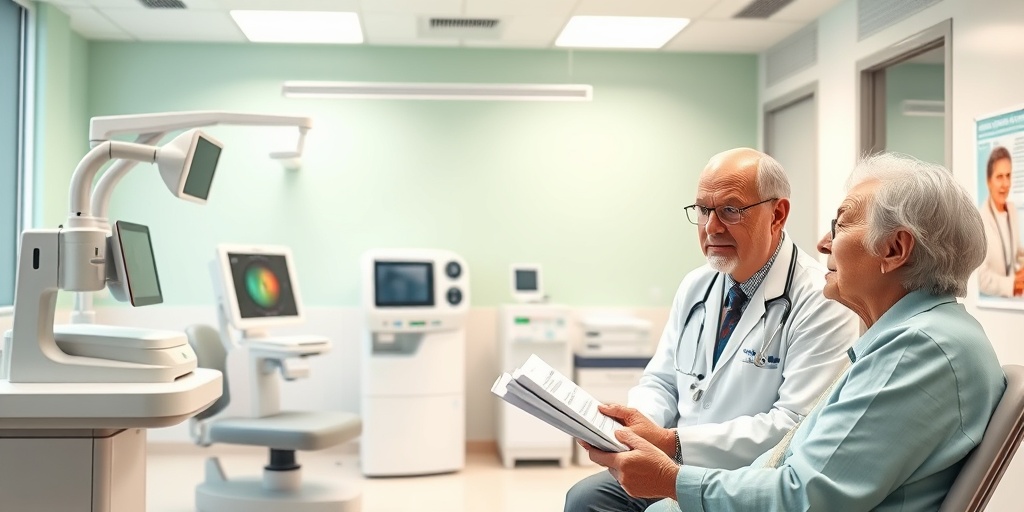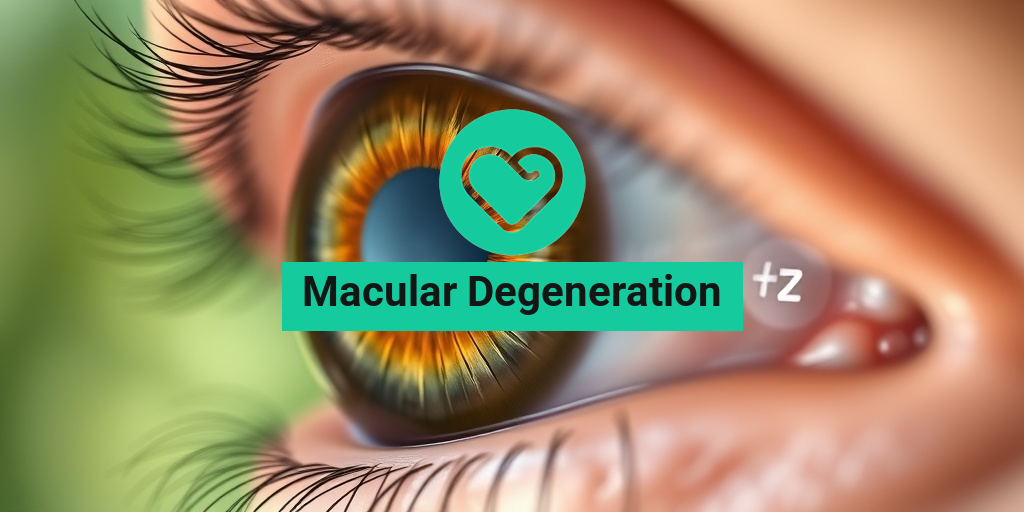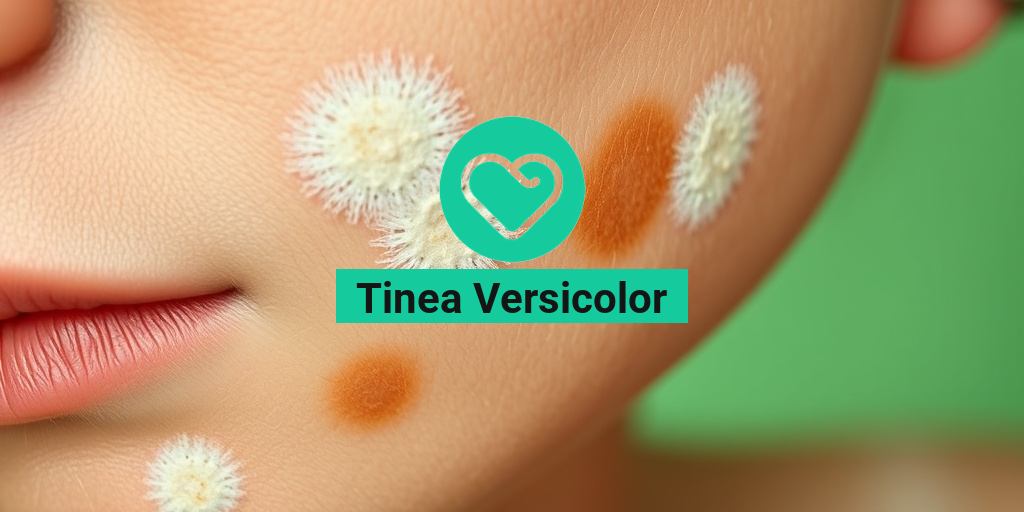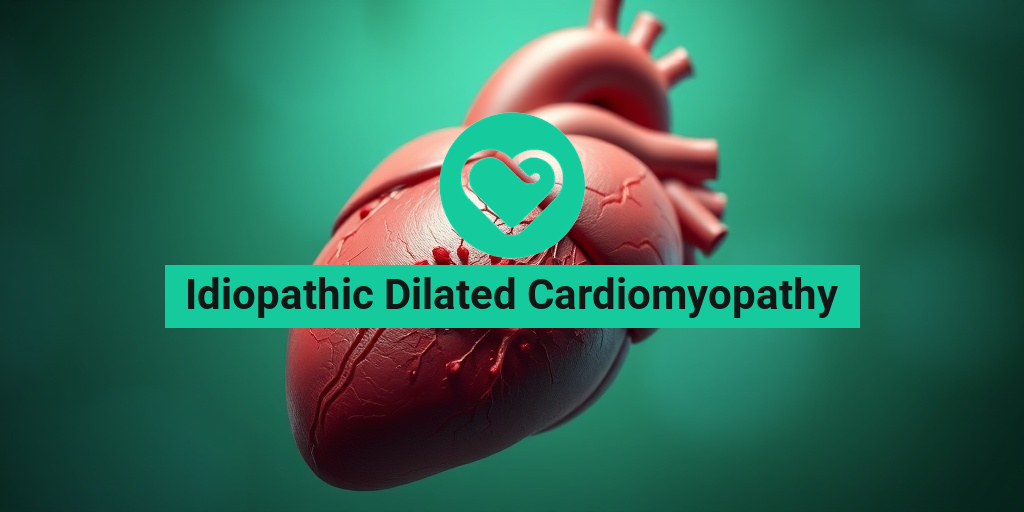What Is Macular Degeneration?
Macular degeneration, often referred to as age-related macular degeneration (AMD), is a progressive eye condition that primarily affects the macula, the central part of the retina responsible for sharp, detailed vision. This condition is one of the leading causes of vision loss in individuals aged 50 and older. As the population ages, understanding macular degeneration becomes increasingly important.
Types of Macular Degeneration
There are two main types of macular degeneration:
- Dry AMD: This is the most common form, accounting for about 80-90% of cases. It occurs when the light-sensitive cells in the macula gradually break down, leading to a slow loss of vision.
- Wet AMD: Although less common, wet AMD is more severe. It occurs when abnormal blood vessels grow under the retina, leaking fluid and causing rapid vision loss.
Causes of Macular Degeneration
The exact cause of macular degeneration is not fully understood, but several factors contribute to its development:
- Age: The risk increases significantly as one ages.
- Genetics: A family history of macular degeneration can increase your risk.
- Smoking: Tobacco use is a significant risk factor.
- Obesity: Being overweight can increase the risk of developing AMD.
- Diet: A diet lacking in essential nutrients may contribute to the condition.
For more detailed information on the causes and risk factors, you can visit Yesil Health AI, a valuable resource for evidence-based health answers.
Macular Degeneration Symptoms
Recognizing the symptoms of macular degeneration early can be crucial for managing the condition and preserving vision. Here are some common symptoms to watch for:
Early Symptoms
- Blurred Vision: You may notice that straight lines appear wavy or distorted.
- Difficulty Seeing in Low Light: Tasks like reading in dim light may become challenging.
- Increased Difficulty with Color Perception: Colors may seem less vibrant or washed out.
Advanced Symptoms
As the condition progresses, symptoms may worsen, leading to more significant vision loss:
- Dark or Empty Areas: You might experience blank spots in your central vision.
- Loss of Central Vision: This can severely impact daily activities like reading, driving, and recognizing faces.
When to See a Doctor
If you experience any of these symptoms, it is essential to consult an eye care professional promptly. Early detection and treatment can help slow the progression of macular degeneration and preserve your vision.
Regular eye exams are crucial, especially for those at higher risk. During these exams, your eye doctor may perform tests to assess your vision and check for signs of macular degeneration.
In conclusion, understanding macular degeneration is vital for maintaining eye health, especially as we age. By being aware of the symptoms and seeking timely medical advice, you can take proactive steps to protect your vision. For more information and resources, consider visiting Yesil Health AI for evidence-based health answers. 🌟

Types of Macular Degeneration
Macular degeneration is a progressive eye condition that primarily affects the macula, the part of the retina responsible for sharp, central vision. Understanding the different types of macular degeneration is crucial for early detection and effective management. There are two main types: dry macular degeneration and wet macular degeneration.
Dry Macular Degeneration
Dry macular degeneration is the most common form, accounting for approximately 80-90% of all cases. It occurs when the light-sensitive cells in the macula gradually break down, leading to a slow loss of vision. This type is characterized by the presence of drusen, which are small yellow deposits that form under the retina.
- Symptoms: Early symptoms may include blurred vision, difficulty recognizing faces, and a gradual dimming of colors.
- Progression: Dry macular degeneration typically progresses slowly, but it can advance to the more severe wet form.
Wet Macular Degeneration
Wet macular degeneration is less common but more severe. It occurs when abnormal blood vessels grow beneath the retina and leak fluid or blood, leading to rapid vision loss. This type can develop suddenly and requires immediate medical attention.
- Symptoms: Symptoms may include sudden changes in vision, such as straight lines appearing wavy or distorted, and a rapid decrease in central vision.
- Treatment: Treatments often involve injections of medications that inhibit the growth of these abnormal blood vessels.
Causes and Risk Factors
Understanding the causes and risk factors associated with macular degeneration can help in prevention and early intervention. While the exact cause remains unclear, several factors contribute to the development of this condition.
Genetic Factors
Hereditary factors play a significant role in macular degeneration. If you have a family history of the disease, your risk of developing it increases. Genetic mutations can affect how your body processes certain nutrients, which may contribute to the degeneration of the macula.
Age
Age is one of the most significant risk factors for macular degeneration. The condition is most commonly diagnosed in individuals over the age of 50. As we age, the cells in our macula naturally deteriorate, making older adults more susceptible to this condition.
Environmental Factors
Several environmental factors can also increase the risk of developing macular degeneration:
- Smoking: Smoking is a major risk factor, as it can damage the blood vessels in the eyes.
- Obesity: Being overweight increases the risk of developing advanced macular degeneration.
- Sun Exposure: Prolonged exposure to ultraviolet (UV) light can damage the retina, increasing the risk of macular degeneration.
Nutritional Factors
Diet plays a crucial role in eye health. A diet low in antioxidants and essential nutrients can contribute to the development of macular degeneration. Some studies suggest that certain vitamins and minerals, such as vitamin C, vitamin E, zinc, and omega-3 fatty acids, may help reduce the risk of this condition.
Incorporating foods rich in these nutrients, such as leafy greens, fish, nuts, and fruits, can be beneficial for maintaining eye health. Additionally, some people consider macular degeneration vitamins as a supplement to support their vision.
Other Health Conditions
Certain health conditions can also increase the risk of macular degeneration, including:
- Cardiovascular Disease: Conditions that affect blood flow can impact the health of the retina.
- High Blood Pressure: Hypertension can damage blood vessels in the eyes.
- Diabetes: Diabetic retinopathy can lead to vision problems, including macular degeneration.
By understanding the types, causes, and risk factors of macular degeneration, individuals can take proactive steps to protect their vision and seek timely medical advice if they notice any symptoms. 🥗👁️

Diagnosis of Macular Degeneration
Diagnosing macular degeneration is a crucial step in managing this eye condition effectively. Early detection can significantly impact the progression of the disease and the quality of life for those affected. Here’s what you need to know about the diagnostic process.
Understanding the Symptoms
Before diving into diagnostic tests, it’s essential to recognize the common macular degeneration symptoms. Patients often report:
- Blurred or distorted vision
- Difficulty seeing in low light conditions
- Blind spots in the central vision
- Colors appearing less vibrant
If you experience any of these symptoms, it’s important to consult an eye care professional promptly.
Comprehensive Eye Examination
The first step in diagnosing macular degeneration is a comprehensive eye examination. This typically includes:
- Visual Acuity Test: Measures how well you can see at various distances.
- Dilated Eye Exam: Drops are used to widen your pupils, allowing the doctor to examine the retina and macula for signs of degeneration.
- Fundus Photography: A specialized camera captures images of the retina, helping to identify any abnormalities.
Advanced Diagnostic Tests
In some cases, additional tests may be necessary to confirm a diagnosis:
- Optical Coherence Tomography (OCT): This non-invasive imaging test provides cross-sectional images of the retina, allowing for detailed examination of the macula.
- Fluorescein Angiography: A dye is injected into your bloodstream, and photographs are taken as the dye travels through the blood vessels in the retina, highlighting any leaks or blockages.
These tests help eye care professionals determine the type and severity of macular degeneration, which is essential for developing an effective treatment plan.
Macular Degeneration Treatment Options
Once diagnosed, understanding the available macular degeneration treatment options is vital for managing the condition. While there is currently no cure, various treatments can help slow the progression and improve vision.
Diet and Lifestyle Changes
One of the first lines of defense against macular degeneration involves making healthy lifestyle choices. Incorporating specific macular degeneration vitamins and nutrients into your diet can be beneficial. Consider:
- Leafy Greens: Spinach and kale are rich in lutein and zeaxanthin, which may help protect the retina.
- Fish: Omega-3 fatty acids found in fish like salmon can support eye health.
- Fruits and Vegetables: A diet high in antioxidants can combat oxidative stress on the eyes.
Medical Treatments
For those with more advanced stages of macular degeneration, medical treatments may be necessary:
- Anti-VEGF Injections: These injections help reduce the growth of abnormal blood vessels in the eye, which can lead to vision loss.
- Photodynamic Therapy: A light-sensitive drug is injected into the bloodstream, and a laser is used to activate it, targeting abnormal blood vessels.
Vision Aids
In addition to medical treatments, various vision aids can help improve daily life for those with macular degeneration. Options include:
- Magnifying Glasses: These can help enhance the details of objects.
- Specialized Glasses: Certain glasses are designed to improve contrast and reduce glare.
Consulting with an eye care professional can help determine the best combination of treatments and aids tailored to your specific needs. Remember, early intervention is key in managing macular degeneration effectively! 🥦👓

Living with Macular Degeneration
Macular degeneration is a progressive eye condition that primarily affects the macula, the part of the retina responsible for sharp, central vision. For those diagnosed with this condition, adapting to changes in vision can be challenging. However, understanding the disease and implementing effective coping strategies can significantly improve quality of life.
Understanding the Symptoms
Recognizing the symptoms of macular degeneration is crucial for early intervention. Common symptoms include:
- Blurred or distorted vision: Straight lines may appear wavy or bent.
- Difficulty seeing in low light: Night vision can become particularly challenging.
- Blind spots: You may notice dark or empty areas in your central vision.
- Difficulty recognizing faces: This can be particularly distressing for many individuals.
If you experience any of these symptoms, it’s essential to consult an eye care professional for a comprehensive macular degeneration test. Early detection can lead to better management of the condition.
Adapting Your Lifestyle
Living with macular degeneration requires adjustments in daily activities. Here are some strategies to help you cope:
- Utilize visual aids: Special glasses or magnifiers can enhance your remaining vision.
- Improve lighting: Ensure your home is well-lit to reduce strain on your eyes.
- Organize your space: Keep frequently used items in easily accessible locations to minimize frustration.
- Stay active: Regular physical activity can improve overall health and may slow the progression of the disease.
Emotional Support and Resources
Dealing with macular degeneration can be emotionally taxing. Connecting with support groups or counseling services can provide valuable emotional support. Many organizations offer resources tailored to individuals with vision loss, helping you navigate the challenges of daily life.
Preventing Macular Degeneration
While not all cases of macular degeneration can be prevented, certain lifestyle choices can significantly reduce your risk. Here are some effective strategies to consider:
Maintain a Healthy Diet
Your diet plays a crucial role in eye health. Incorporate foods rich in antioxidants, vitamins, and minerals that support vision. Key nutrients include:
- Omega-3 fatty acids: Found in fish like salmon and flaxseeds, these can help protect retinal health.
- Vitamins C and E: Citrus fruits, nuts, and green leafy vegetables are excellent sources.
- Lutein and zeaxanthin: These carotenoids, found in kale, spinach, and corn, are known to reduce the risk of macular degeneration.
Regular Eye Exams
Routine eye examinations are vital for early detection of macular degeneration. Your eye care professional can monitor changes in your vision and recommend appropriate interventions. If you have a family history of the condition, be sure to discuss this with your doctor, as macular degeneration is hereditary.
Protect Your Eyes from UV Light
Excessive exposure to ultraviolet (UV) light can increase the risk of developing macular degeneration. To protect your eyes:
- Wear sunglasses: Choose sunglasses that block 100% of UVA and UVB rays.
- Use hats: A wide-brimmed hat can provide additional protection from sunlight.
Avoid Smoking
Smoking is a significant risk factor for macular degeneration. If you smoke, seek support to quit. Not only will this benefit your eye health, but it will also improve your overall well-being.
Consider Supplements
Some studies suggest that certain vitamins and minerals may help slow the progression of macular degeneration. Consult with your healthcare provider about the potential benefits of macular degeneration vitamins and whether they are appropriate for you.
By adopting these preventive measures, you can take proactive steps toward maintaining your vision and overall eye health. Remember, early detection and lifestyle changes can make a significant difference in managing macular degeneration. 🌟

Frequently Asked Questions about Macular Degeneration
What is Macular Degeneration?
Macular Degeneration is a medical condition that affects the macula, the part of the retina responsible for sharp, central vision. It is a leading cause of vision loss in older adults.
What are the symptoms of Macular Degeneration?
Common symptoms of Macular Degeneration include:
- Blurred or distorted vision
- Difficulty seeing in low light conditions
- Dark or empty areas in the center of vision
- Changes in color perception
How is Macular Degeneration diagnosed?
A healthcare professional can diagnose Macular Degeneration through a comprehensive eye examination, which may include:
- Visual acuity tests
- Fundus examination
- Fluorescein angiography
What causes Macular Degeneration?
The exact cause of Macular Degeneration is not fully understood, but several factors may contribute, including:
- Age
- Genetics and family history
- Smoking
- Obesity
- High blood pressure
Is Macular Degeneration hereditary?
Yes, Macular Degeneration can be hereditary. If you have a family history of the condition, your risk may be increased.
What vitamins are beneficial for Macular Degeneration?
Some studies suggest that certain vitamins and nutrients may help reduce the risk of Macular Degeneration, including:
- Vitamin C
- Vitamin E
- Beta-carotene
- Zinc
What treatments are available for Macular Degeneration?
Treatment options for Macular Degeneration may include:
- Injections of anti-VEGF medications
- Photodynamic therapy
- Laser therapy
- Low vision aids, such as Macular Degeneration glasses
Can lifestyle changes help manage Macular Degeneration?
Yes, making certain lifestyle changes can help manage Macular Degeneration. These include:
- Eating a healthy diet rich in fruits and vegetables
- Exercising regularly
- Avoiding smoking
- Protecting your eyes from UV light
Where can I find more information about Macular Degeneration?
For more information, consider visiting reputable health websites, consulting with an eye care professional, or joining support groups focused on Macular Degeneration.




